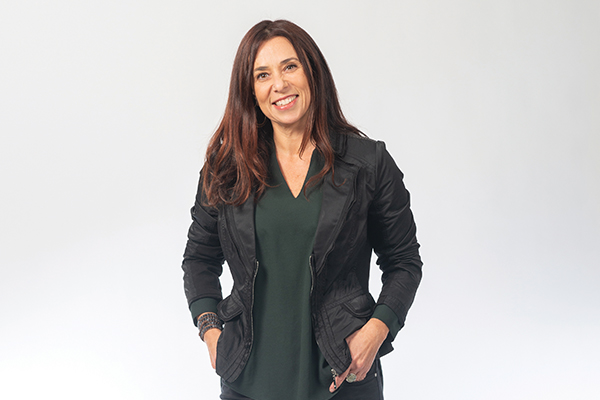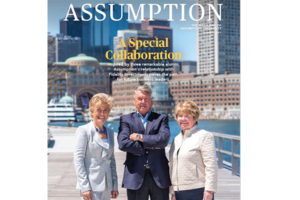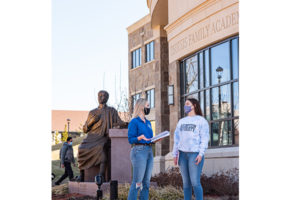Cinzia Pica Smith, Ed.D.
Associate Professor of Human Services & Rehabilitation Studies; Coordinator, Working with Children & Adolescents in Community Settings Concentration

Education
Ed.D., University of Massachusetts Amherst
Ed.M., Harvard University
M.S.Ed., The College of Saint Rose
B.A., The College of Saint Rose
Classes Taught at Assumption
Diversity in Schools
Family and Disability
Individuals in the Community
Interviewing Techniques
Loss and Bereavement
Prevention and Intervention: Models and Approaches with Youth
Principles of Case Management
What are your areas of expertise?
My areas of expertise include critical multicultural and social justice educational and counseling frameworks to support students, families, and communities. In particular, my research has focused on intergroup relationships.
How were you first attracted to this discipline?
I began my professional journey as a therapist working with children and families in community settings. Here, I learned what I appreciated about the profession and what was missing both in the field at large and in my own training and education. That’s when I decided to continue my graduate work and focus on a more critical and social justice orientation.
You recently gave a TEDx talk regarding your research on interracial friendships. What sparked your interest in this topic?
In graduate school, my research team was studying youth activists, and I met a group of friends who were part of an interracial friendship group. They taught me so much about the power of their alliance and cross-race friendship and the benefits and the challenges of their bond. Cross-race friendships became the focus of my dissertation. In the U.S., these friendships are still rare in both children and adults. Our lives are quite segregated by race. We live in racially segregated neighborhoods, attend predominantly racially segregated schools, and our friendship groups are mostly racially homogeneous. Yet, cross-race friendships are linked to a myriad of positive outcomes including prejudice reduction, increased cultural competence, increased empathy, increased capacity for multiperspectivity, and decreased outgroup anxiety. So intergroup friendships are an important area of study and continue to interest me years after that initial encounter in graduate school.
What is your greatest career accomplishment?
My most recent publication, the book Social Justice Education in European Multi-Ethnic Schools, won a 2019 American Educational Studies Association Critics’ Choice Book Award. I’m deeply humbled and honored to join scholars I admire who have both won this prize and deemed the book a contribution to our field.
What is something that most people don’t know about you?
After college, I drove from Albany, NY, to Rio Blanco, Nicaragua, where I spent three months working in a women’s collective. I then spent three years in Asia – two years working in China and one traveling from Tibet to Indonesia with only the belongings I could carry in my backpack. This was before cell phones and internet, so I was halfway across the globe, away from family and friends, immersed in a different cultural context than the one I knew. These experiences deeply shaped the way I understood myself in relation to the world around me and impacted who I am today.
If you weren’t teaching, what would your preferred vocation be?
I would like to be a photojournalist when I grow up. I greatly appreciate the work of social documentary photographers. I spent many hours in the darkroom as a young person; I’d love a chance to do it again.


